In the wake of devastating earthquakes that struck southern Türkiye and northern Syria early Monday, UN aid agencies have scrambled to help many thousands of reported victims, including those still believed to be buried under the rubble.
"My heart goes out to the people of Türkiye and Syria in this hour of tragedy," said the UN Secretary-General Antonio Guterres in a statement. "The United Nations is fully committed to supporting the response. Our teams are on the ground assessing the needs and providing assistance."
The initial 7.8 magnitude quake struck close to Gaziantep, a major city and capital of the Gaziantep Province, in the westernmost part of Türkiye's Southeastern Anatolia Region, followed by another 7.5 magnitude tremor several hours later.
After the second earthquake, the United Nations Office for the Coordination of Humanitarian Affairs (OCHA) released a situation overview saying that "close to 2,000 deaths have been reported" in the two countries impacted, with at least 78 aftershocks.
A Level 4 alarm has been issued by the Turkish government, requesting international assistance.
In northwest Syria, 4.1 million people rely on humanitarian assistance, mostly women and children.
A cholera outbreak is ongoing in Syrian communities, coupled with harsh winter weather. In the last quarter of 2022, there is a funding gap of 48 percent, with 371 million U.S. dollars pledged out of a required total of just over 800 million.
"As part of the United Nations family, the UN Development Programme (UNDP) stands ready to support affected people in the coming days, weeks and months as they recover from this tragedy," UNDP Administrator Achim Steiner said in a statement.
The World Health Organization (WHO) has authorized emergency medical teams to provide care to the injured and most vulnerable populations, WHO chief Tedros Adhanom Ghebreyesus said in a tweet.
The OCHA noted that the epicenter of the initial 7.8 magnitude earthquake is close to Gaziantep in southern Türkiye, an important UN aid hub for northern Syria. Many cities in the region were affected.
"This is one of the largest earthquakes in recent times. Türkiye and Syria need all the help they can get. The current search and rescue efforts will last a few days but soon the main priority will be medical assistance for the injured, the restoration of water, power and other services, and shelter for those who have lost their homes," said former UN relief chief Mark Lowcock in a live commentary obtained by Xinhua through email.
Lowcock is a senior fellow at the Center for Global Development, a nonprofit think tank based in Washington, D.C., and London, which focuses on international development.
"Deeply saddened by the loss of life caused by this morning's #earthquake," the UN refugee agency in Syria tweeted, adding that it was "actively coordinating a response with #UN Agencies and other humanitarian actors to deliver assistance and support to those in need in Syria."
In northern Syria's Aleppo and Idlib, thousands of buildings, including two hospitals, collapsed during the earthquake, which was felt as far away as Lebanon.
Millions of Syrians have been displaced by the long-running war in northern Syria, which poses huge humanitarian needs.
Rescue teams have been hindered by snow and rain, and many of their families are believed to be buried under collapsed buildings.
In response to an official request for international assistance from Ankara, the UN Children's Fund (UNICEF) confirmed it was willing to assist.
"Our hearts and thoughts are with the children and families in Türkiye and Syria affected by the devastating earthquakes. Our deepest condolences to those who lost loved ones," said UNICEF Executive Director Catherine Russell.
The United Nations International Organization for Migration (IOM) said that its warehouse in Gaziantep had prepared non-food items and essential relief ready for deployment. "IOM teams are also doing on-the-ground assessments to inform the response," said its spokesperson Safa Msehli.








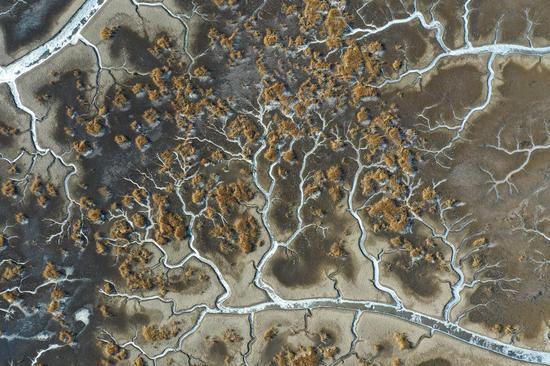
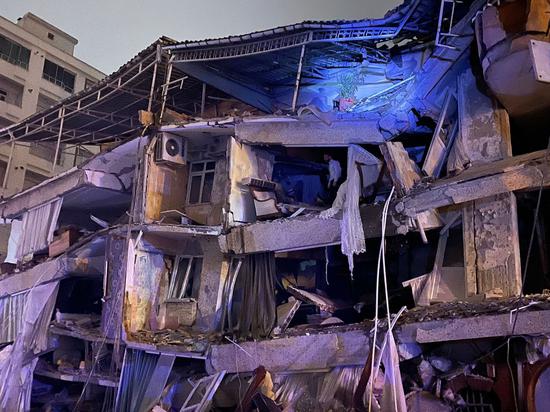
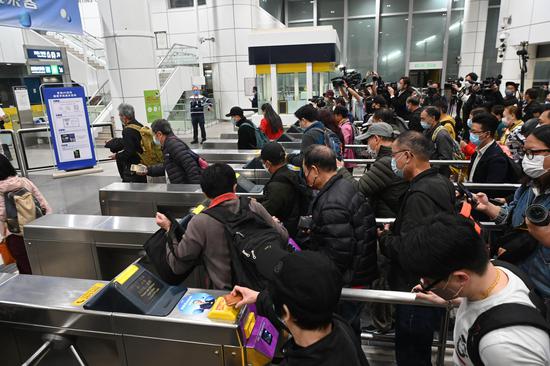


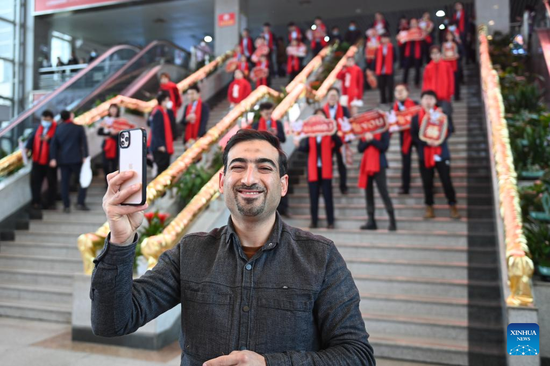


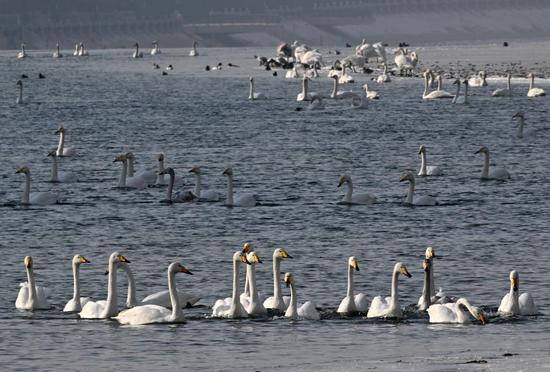










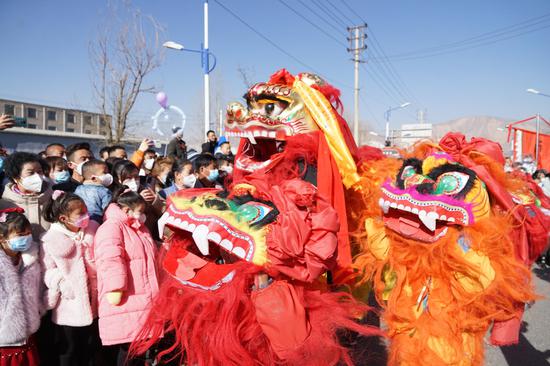
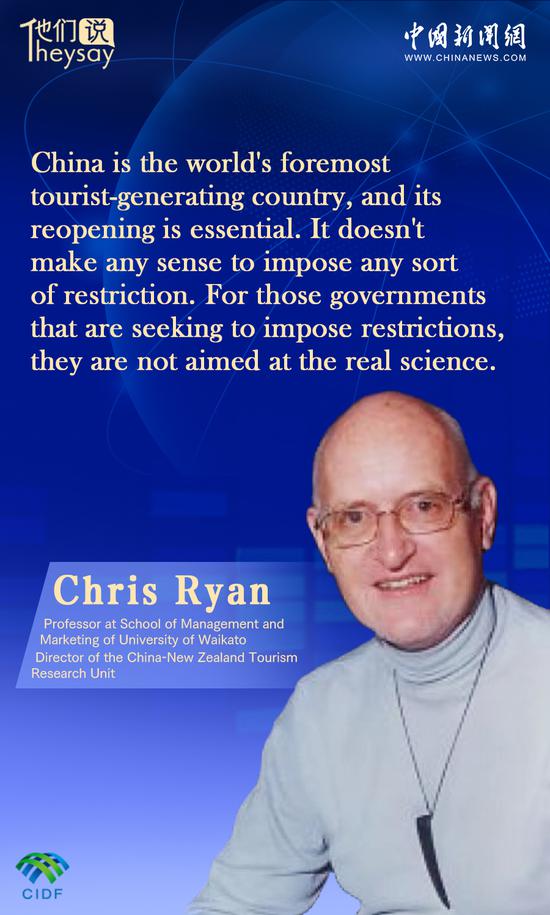
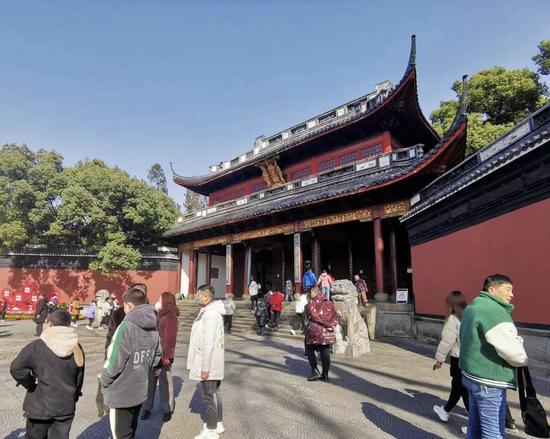
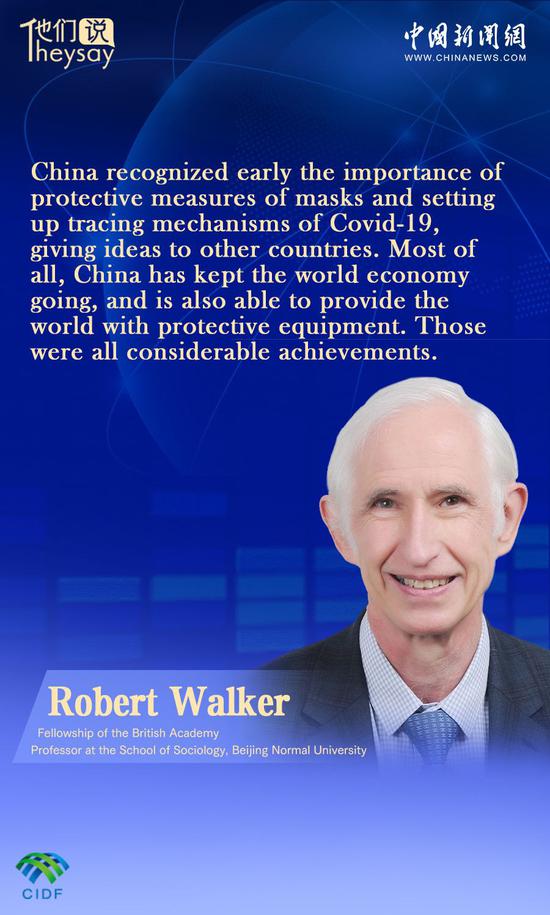
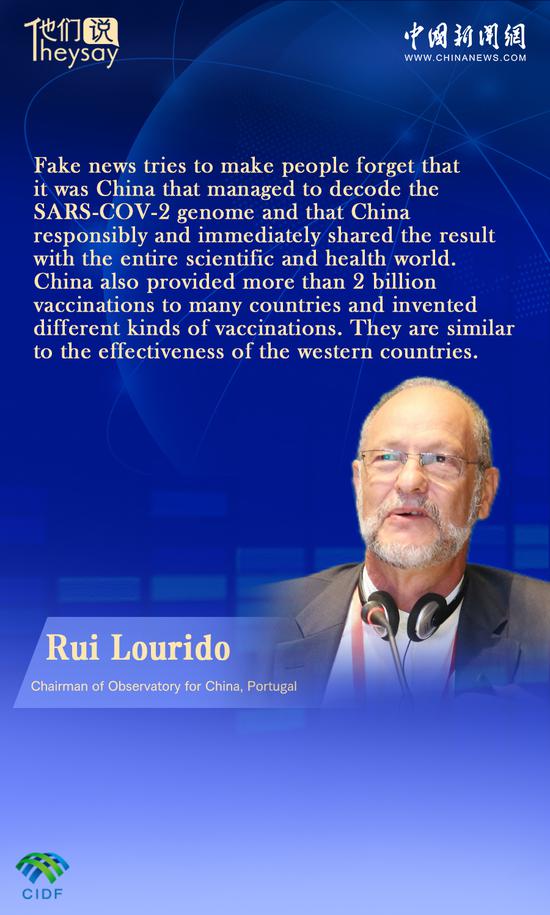





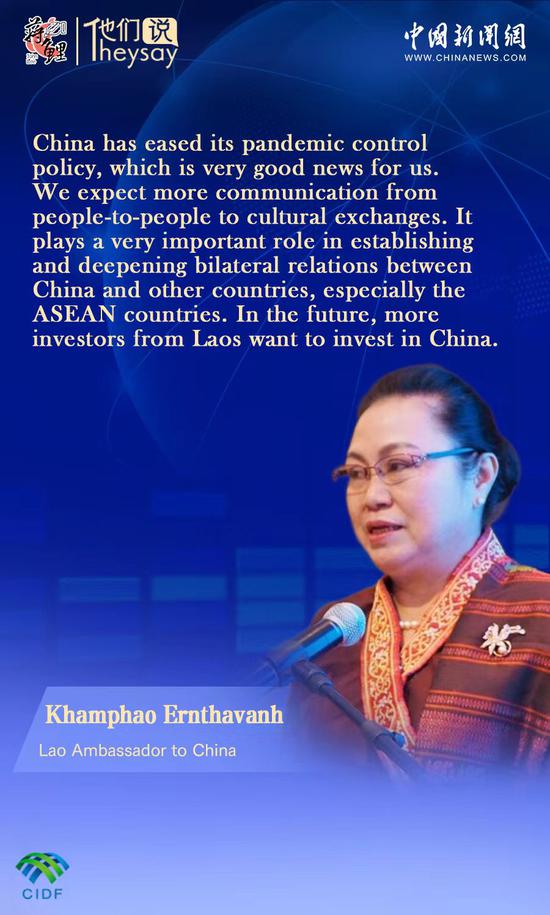


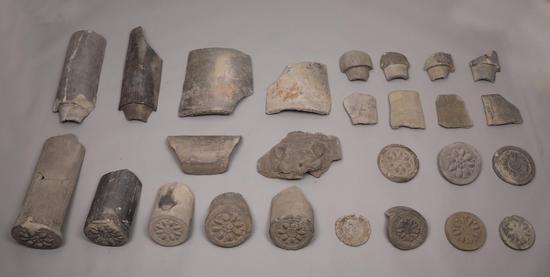
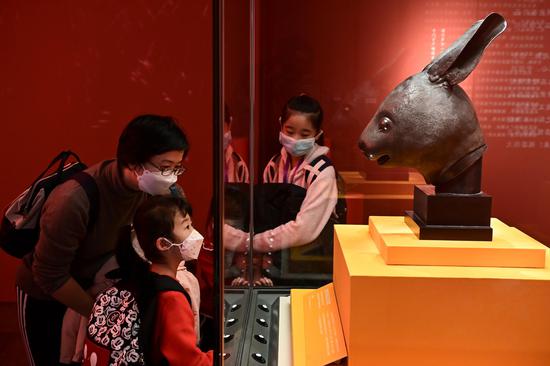








 京公网安备 11010202009201号
京公网安备 11010202009201号